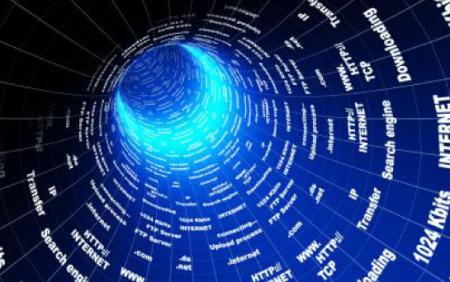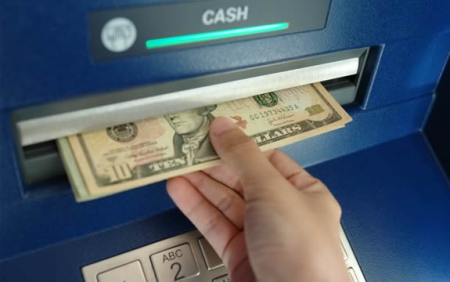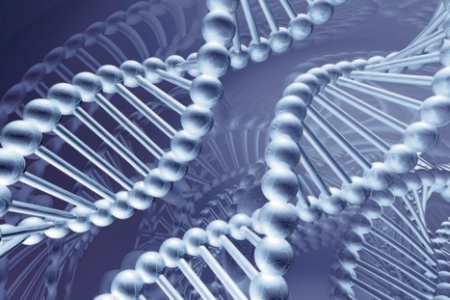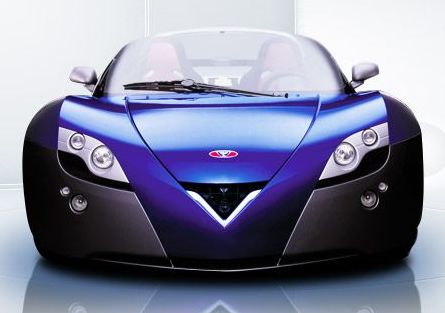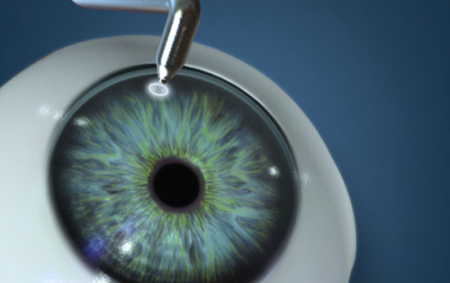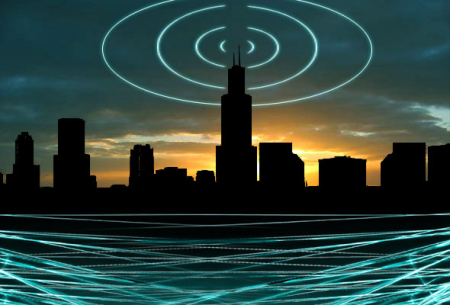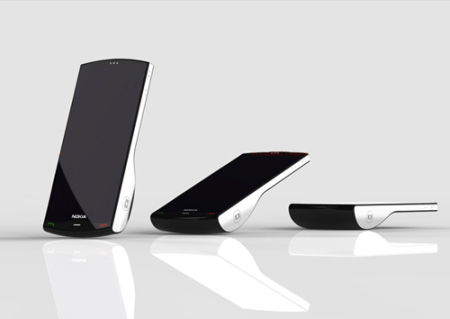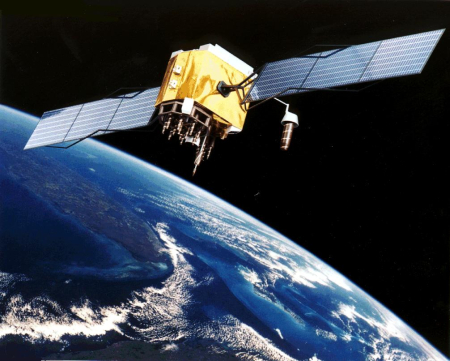 | « Back to article | Print this article |
World's best innovations in 50 years
The past 50 years have seen several path-breaking, and some of them life-saving, innovations.
Here we present 15 most influential innovations in the past five decades, according to CNBC.
Click NEXT to read more...
World's best innovations in 50 years
The idea of self-service in retail banking developed through independent and simultaneous efforts in Japan, Sweden, the United Kingdom and the United States.
In the US, Luther George Simjian has been credited with developing and building the first cash dispenser machine. There is strong evidence to suggest that Simjian worked on this device before 1959, while his 132nd patent was first filed on June 30, 1960 (and granted on February 26, 1963).
Click NEXT to read more...
World's best innovations in 50 years
DNA profiling is a technique employed by forensic scientists to assist in the identification of individuals by their respective DNA profiles.
DNA profiles are encrypted sets of numbers that reflect a person's DNA makeup, which can also be used as the person's identifier.
Knowledge of DNA sequences has become indispensable for basic biological research, other research branches utilising DNA sequencing, and in numerous applied fields such as diagnostic, biotechnology, forensic biology and biological systematics.
Click NEXT to read more...
World's best innovations in 50 years
An electric car is an automobile which is propelled by electric motor(s), using electrical energy stored in batteries or another energy storage device.
Electric cars have several potential benefits as compared to conventional internal combustion automobiles that include a significant reduction of urban air pollution as they do not emit harmful tailpipe pollutants from the onboard source of power at the point of operation.
Click NEXT to read more...
World's best innovations in 50 years
An optical fibre is a flexible, transparent fibre made of a pure glass (silica) not much wider than a human hair. It functions as a waveguide, or "light pipe", to transmit light between the two ends of the fibre.
Click NEXT to read more...
World's best innovations in 50 years
The 1980s bred major developments in surgery, including this one. The first minimally invasive surgery was performed in 1987, although robots were first to perform biopsies as early as 1985, according to CNBC.
Click NEXT to read more...
World's best innovations in 50 years
Scientists first discovered the photovoltaic effect in the 1800s, while using solar power to produce steam. The modern solar energy movement started as a response to the oil embargo and energy crisis of the 1970s, according to CNBC.
Click NEXT to read more...
World's best innovations in 50 years
The first bar code (with reader) was invented in the 1950s, but the bar code wasn't used commercially until the 1960s. In the 1970s, a bar code standard, UPC, was developed, and the bar code's use expanded, according to CNBC.
Click NEXT to read more...
World's best innovations in 50 years
Birth control pills are synthetic hormones that mimic the way real estrogen and progestin work in a woman's body.
Envoid, the first oral contraceptive, was submitted first for regulatory approval in 1957 as a treatment for menstrual disorders and infertility, not as a contraceptive, according to CNBC.
Click NEXT to read more...
World's best innovations in 50 years
The first bypass surgery was performed in the United States in the 1960s. The inspiration for the invention of the modern coronary or heart stent came from the failings of angioplasty, according to CNBC.
Click NEXT to read more...
World's best innovations in 50 years
The IEEE 802.16 antenna can transmit Internet access up to a 30-mile radius at speeds comparable to DSL and cable broadband, according to CNBC.
The Institute of Electrical and Electronics Engineers published a wireless metropolitan area network that functions faster than Wi-Fi, it says.
Click NEXT to read more...
World's best innovations in 50 years
Biofuels are liquid fuels created from the chemical transformation of plants and other forms of biomass, according to CNBC.
Innovation in biofuels production is facilitating a partial shift from conventional fossil fuel sources, it says.
Click NEXT to read more...
World's best innovations in 50 years
Car phones were around in the 1970s, but it wasn't until 1983 that Motorola introduced the first widely available handheld mobile phone.
The DynaTAC 8000x weighed almost two pounds (about one kilogramme) and cost $3,995, according to CNBC.
Click NEXT to read more...
World's best innovations in 50 years
In 1978 the first satellite in the modern Navstar Global Positioning System, GPS, was launched. (The GPS's precursor, Transit, was developed in the early 1960s to guide nuclear subs.)
It was not until 2000, though, that President Bill Clinton granted non-military users access to an unscrambled GPS signal, according to CNBC.
Click NEXT to read more...
World's best innovations in 50 years
Today's electronic commerce (ecommerce) grew out of the Electronic Data Interchange companies used to conduct transactions via computer networks in the 1960s and 1970s, according to CNBC.
Click NEXT to read more...
World's best innovations in 50 years
Magnetic resonance imaging, MRI, has become the primary technique in the routine diagnosis of many diseases, and has replaced and sometimes surpassed computed tomography, CT, according to CNBC.
